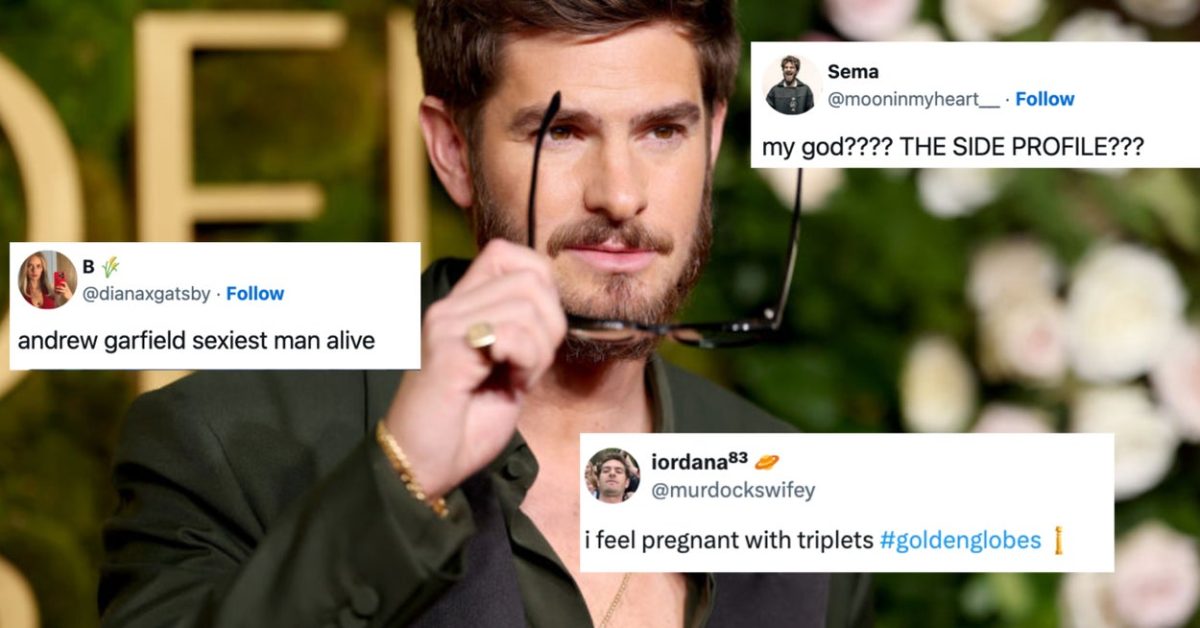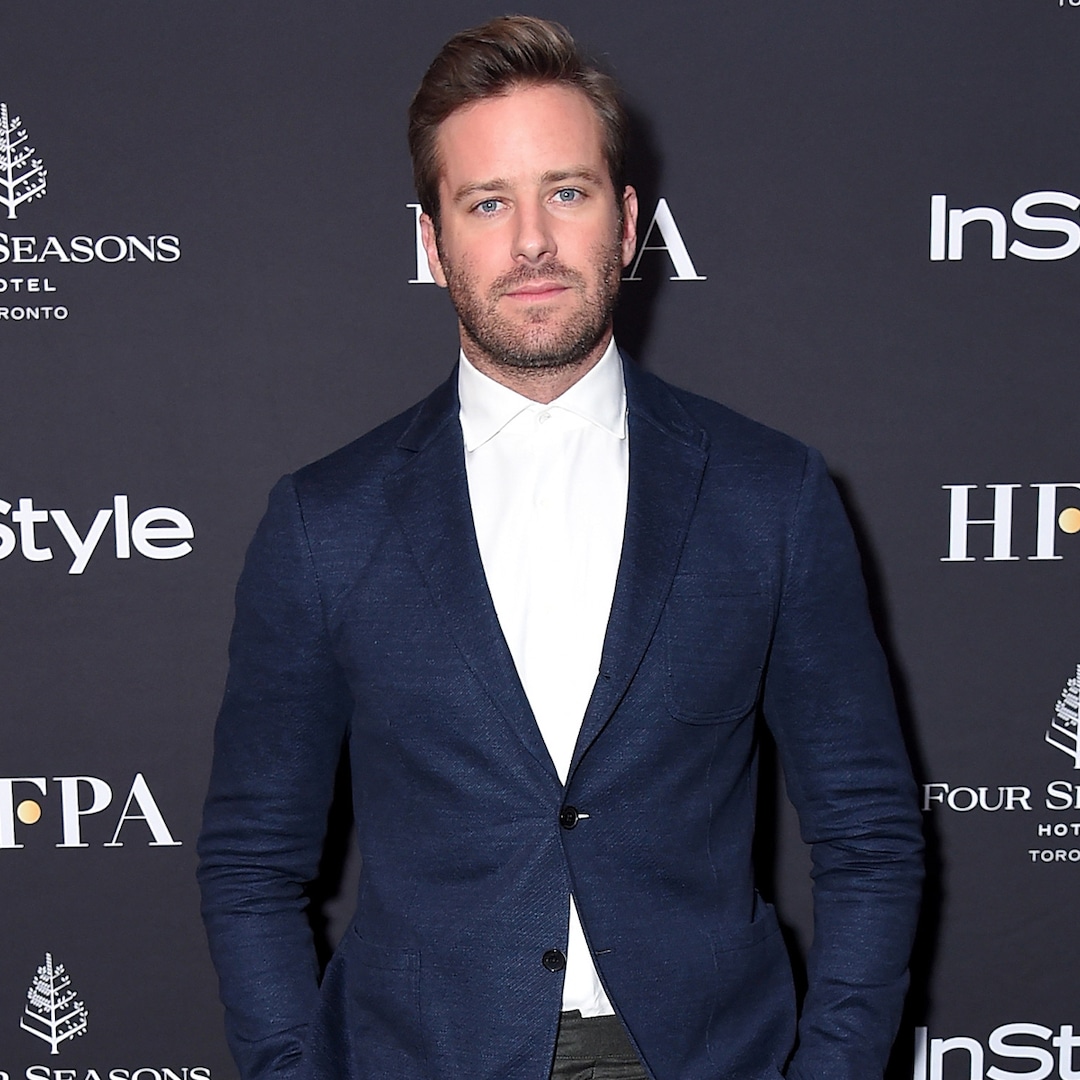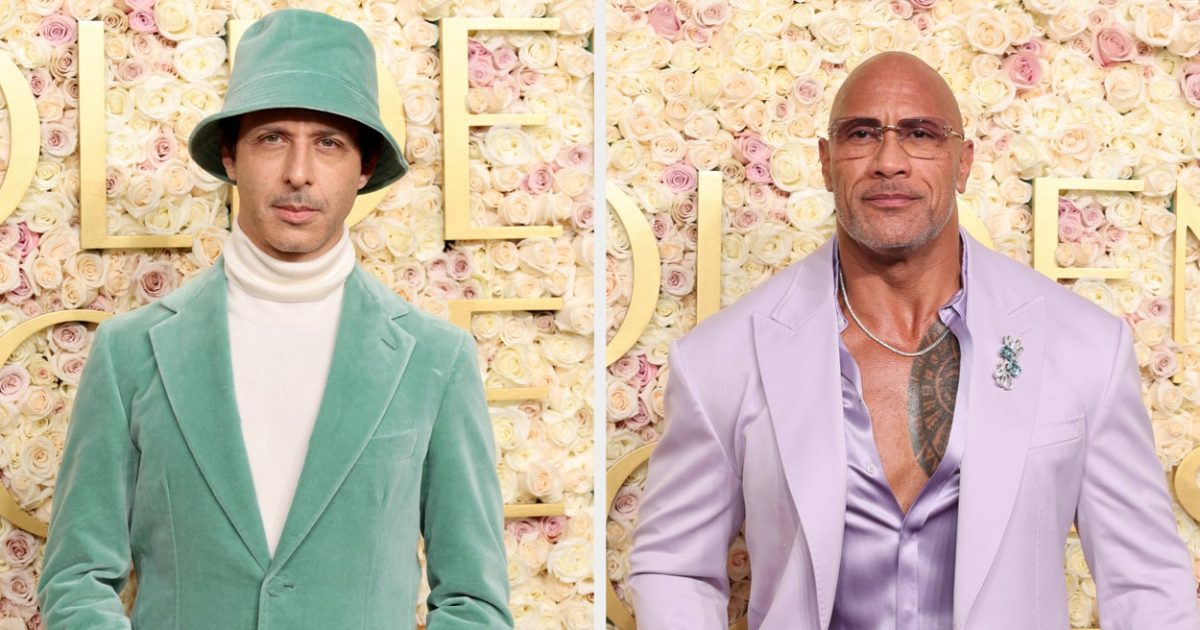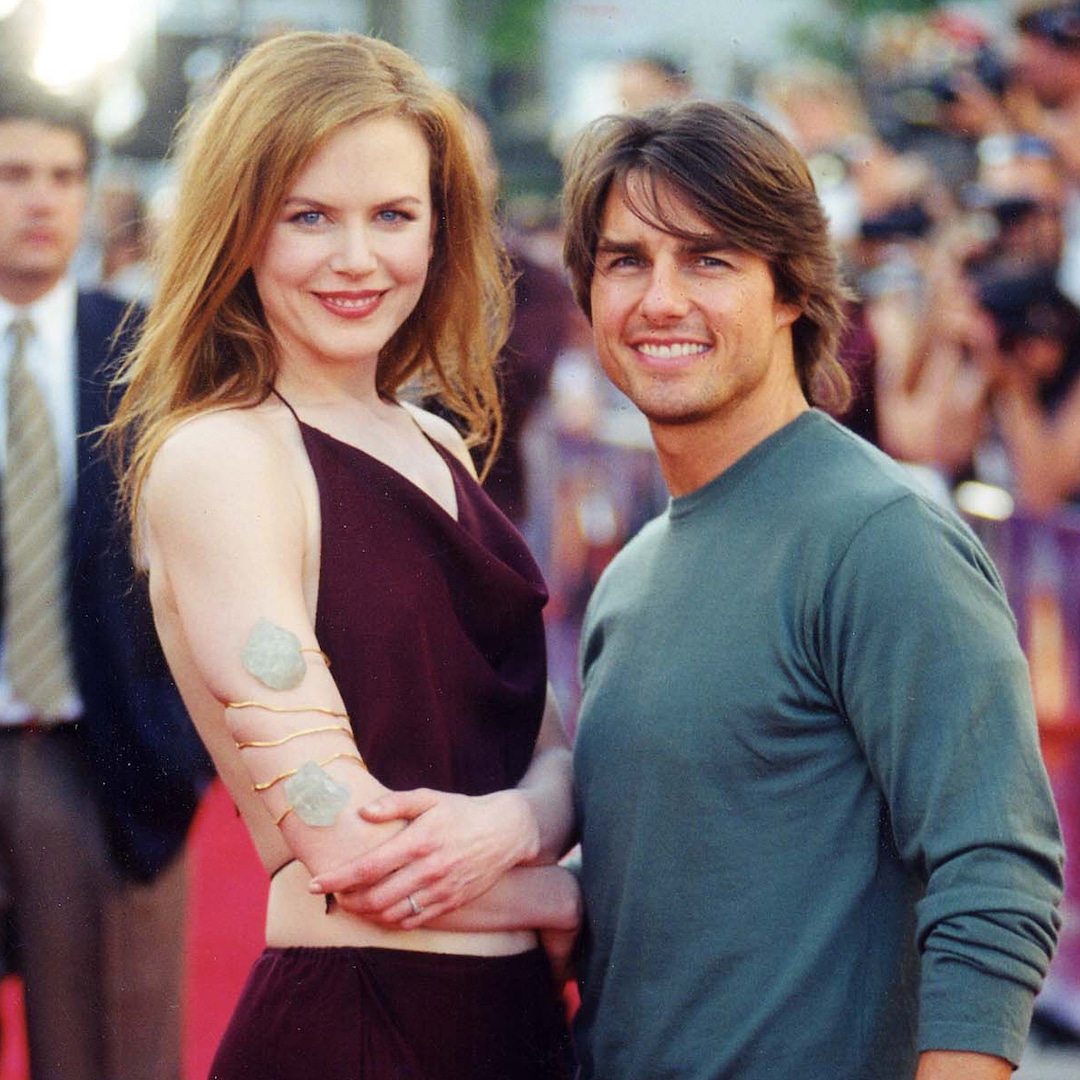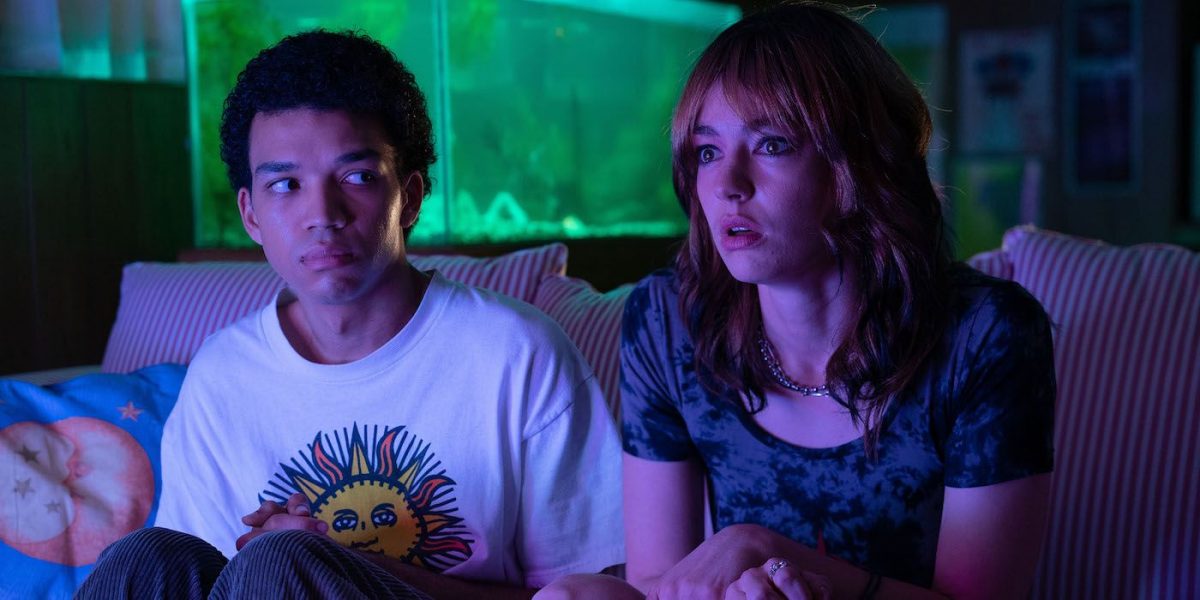
Jane Schoenbrun Has Rendered An Entrancing, Richly Stylized Trans Masterpiece [Sundance]
Jan 20, 2024
Steeped in what its audience might deem mature mythology, “The Pink Opaque,” a fantasy show aimed at teen audiences, comes on at 10:30 PM on the Young Adult Network every Saturday. Unfortunately for Owen (first played by Ian Foreman), a meek mixed-race middle school boy growing up in the 1990s, that’s past his strict bedtime.
READ MORE: Sundance 2024: The 23 Most Anticipated Movies To Watch
Connected telepathically after meeting at sleepaway camp, Tara (Lindsey Jordan) and Isabel (Helena Howard), the program’s young heroines, fight monstrous adversaries under the command of Mr. Melancholy, the moon-faced main villain who rules the terrifying Midnight Realm. That’s the premise of “The Pink Opaque,” which for Owen will come to mean a lifeline as the years pile on without allowing himself to find a viable pathway to self-actualization.
With “I Saw The TV Glow,” their follow-up to the Internet-dwelling, horror-laced character study “We’re All Going to the World’s Fair,” writer-director Jane Schoenbrun, a singular Millennial artmaker, has rendered an entrancing, richly stylized trans masterpiece.
This eerily sumptuous cinematic text is a one-of-a-kind coming-of-ager about how we project our yearnings and unresolved identity crises onto the media that speaks to us, not solely as escapism but as a chance to experience life vicariously through the fictional characters on the screen. To see them overcome what perhaps you can’t in the trappings of your environment, particularly as an adolescent facing outside opposition to the parts of yourself dissimilar to the majority, can feel validating. But there’s danger in succumbing to the intoxicating comfort of an idealized make-believe existence as a replacement for reality.
Within the first few minutes, we see Owen wrapped in the colors of the trans flag. There’s no mistaking that Schoenbrun, both here and in their previous vision, wields genre elements to interrogate society’s rigidly limiting binary views on gender and how these outdated parameters cause suffering to those who don’t see themselves within those margins.
Those intentions are further evinced when, on election night 1996, Owen runs into Maddy (Brigette Lundy-Paine), an androgynous and awkward teenage girl a couple of years older than him, holding the official episode guide to “The Pink Opaque,” nothing short of a sacred tome for her. “Sometimes ‘The Pink Opaque’ feels more real than real life,” she later tells him during a clandestine sleepover, more as a statement of fact than a confession of a doubtful thought.
Maddie records the series’ episodes for Owen to watch free from parental restrictions. The tapes act as their tangible psychic plane. Schoenbrun illustrates this intimate form of communication, making us privy to the messages that accompany each video as text on screen while Owen (Justice Smith), now two years older, walks through the halls of Void High School (VHS for short, a nod to physical media). As she confesses her innermost sentiments, like how she thinks of Tara and Isabel as family, there are trite mantras on the school’s walls, “pain is weakness leaving the body,” that read like a counterforce pushing back on the free-from-judgment bond the pair has forged.
Schoenbrun brings us into “The Pink Opaque,” essentially the director’s stand-in for “Buffy the Vampire Hunter,” in sequences that aesthetically seem ripped straight from ‘90s broadcast television in their practical effects and overall humble production value. The grainy patina on these segments convinces us they are from a different era as if Schoenbrun had access to a time machine that travels into an alternative past where this series truly existed. There’s a self-seriousness to this fake show that responds to how its young fans interpret it or how it makes them feel rather than anything that’s actually there.
Labyrinthine chalk scribbles, decidedly in both pink and blue, or a loose powerline, perhaps the tentacle-like of his television, beckoning Owen are among the can’t-get-them-out-of-my-head images that contribute to the waking dream sensation that cinematographer Eric Yue materializes throughout “I Saw the TV Glow.” Fearlessly inventive, Schoenbrun successfully slings multiple narrative devices and unexpected touches onto the film: Owen breaks the fourth wall to add commentary on the events occurring, à la “Clarissa Explains It All,” and there’s a woeful musical interlude featuring singer-songwriter Phoebe Bridges.
As if swallowed by the incandescent flicker of the television she set on fire, Maddie vanishes. Owen won’t hear from her for almost a decade, during which he’ll attempt to perform normalcy, to leave behind “The Pink Opaque” and how it made him feel. In suppressing that nagging voice from within, he may have condemned himself to lifelong despair. Ingrained sorrow plagues both teens, each on a labored and guideless quest for self-acceptance. Even starting all over in a different town won’t solve it. Maybe the feared Midnight Realm, melancholy’s domain, is just as terrifying as an unfulfilled suburban life.
Soaked in Alex G’s unnervingly transporting score, Owen, who goes from a movie theater clerk to an arcade employee, slowly sinks deeper into the shadows of his own mind. His high-pitched voice and over-apologetic personality express a debilitating inadequacy. Smith turns in a devastating, revelatory performance that trades in restraint. His is a character that strives to make themselves invisible, even when the weight of living a life that doesn’t feel his own, in a body that doesn’t align with who they are becomes unbearable.
Likewise, in the shoes of the other trans character, the magnetic Lundy-Paine rattles the screen as Maddie loses touch with this plane of reality via a conviction-stricken speech inside a blow-up planetarium—the thoughtfulness behind each visual element here is frankly astonishing—that almost convinces us what she is describing about dying and resurrecting inside the world of “The Pink Opaque” actually happened to her.
Schoenbrun treats nostalgia as an unreliable witness, one whose allegiance is with our emotions and not truth. Neither the first nor the last episodes of “The Pink Opaque” might look like Maddie or Owen remember it, but what it meant for them back them stands. Through its artificially it reflected something ineffably real for them both. That’s the tragedy of growing up, to have to look back in disillusionment from our now-jaded adult perspective at what we once loved, even more so when that thing held the key to the more authentic version of yourself that was never given a chance to come to the light. Where others could have made a less sophisticated pastiche, Schoenbrun has filtered the familiar through their nonconforming lens to beget a bona fide original. As Maddie would say about the relationship between Tara and Isabel, this one is incredibly “special” [A+]
Follow along for all our coverage of the 2024 Sundance Film Festival.
Publisher: Source link
The Internet Has Officially Lost It Over Andrew Garfield's Slutty Glasses
That man knew exactly what he was doing with those glasses.View Entire Post › Disclaimer: This story is auto-aggregated by a computer program and has not been created or edited by filmibee.Publisher: Source link
Jan 9, 2025
Armie Hammer Lands First Movie Role Since Cannibalism Allegations
Armie Hammer Cameos As “Kannibal Ken” in Music Video 4 Years After Cannibalism ClaimsArmie Hammer is heading back to the big screen. More than one year after the Los Angeles Police Department ended their lengthy investigation into the Call Me…
Jan 9, 2025
20 Best Dressed Men At The 2025 Golden Globes
20 Best Dressed Men At The 2025 Golden Globes The televised portion of awards season is here! On Sunday night, the Golden Globes were held in Los Angeles, kicking off what looks to be a lively next several months of…
Jan 8, 2025
Tom Cruise & Nicole Kidman’s Son Connor Shares 2025 Update in New Pic
Tom Cruise and Nicole Kidman's Son Connor Cruise Golfs With Crocodile in New PostTom Cruise and Nicole Kidman's son is teeing up for a great year. Connor Cruise recently kicked off 2025 at the links, swinging by Lost City Golf…
Jan 8, 2025








